Monash study on solar-driven electrolysis for green hydrogen production cautions on life-cycle emissions and EROI
Green Car Congress
AUGUST 23, 2021
Researchers at Monash University in Australia have conducted a lifecycle analysis and net energy analysis (LCA/NEA) of a hypothetical large-scale solar-electrolysis plant for the production of green hydrogen. of hydrogen is currently produced via water electrolysis and only a fraction of this production is powered by renewable energy.

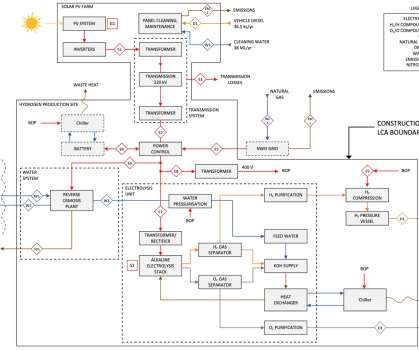
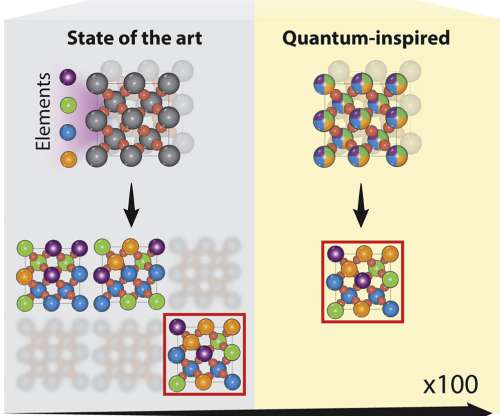


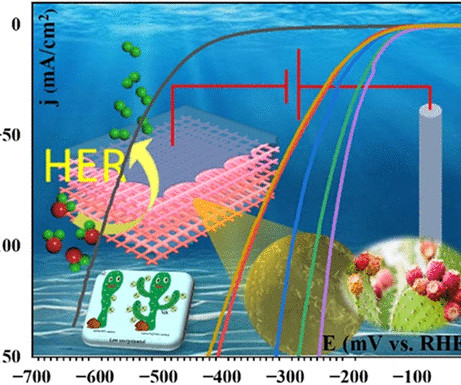



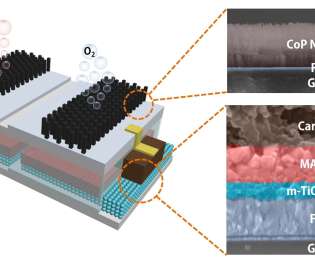
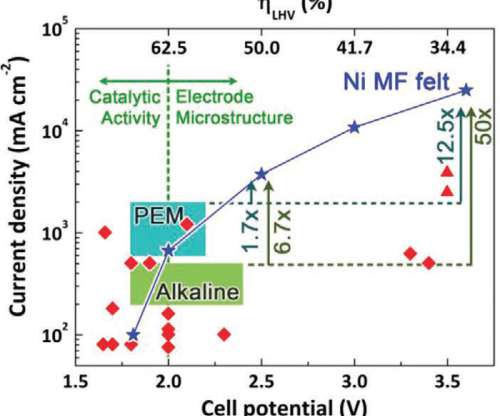

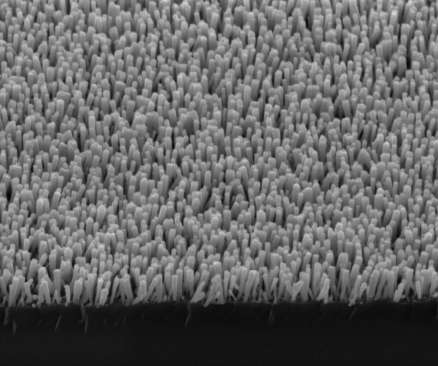
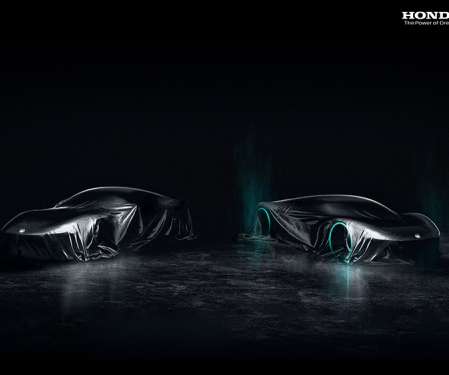


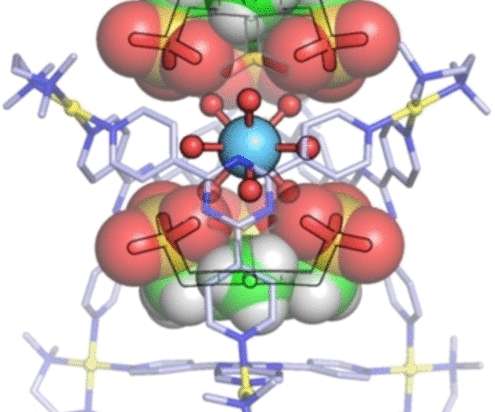
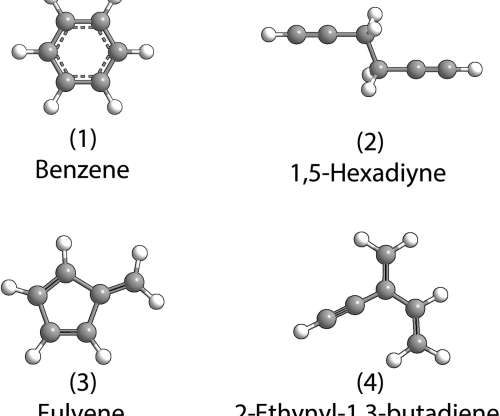






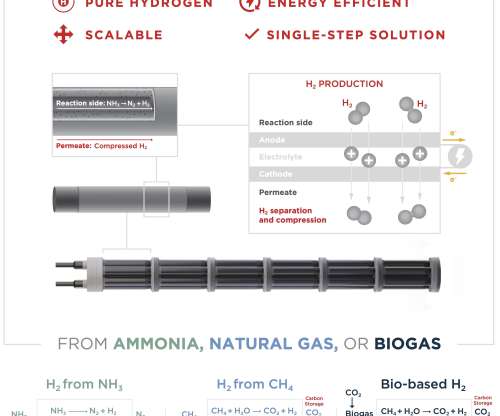

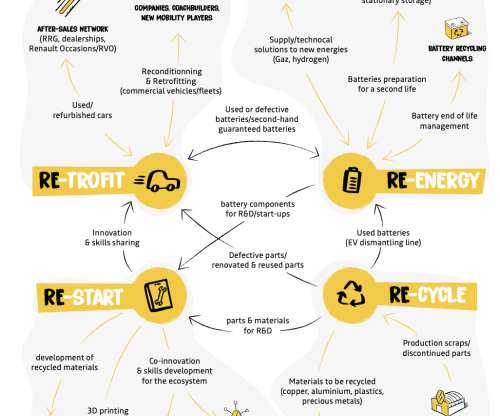








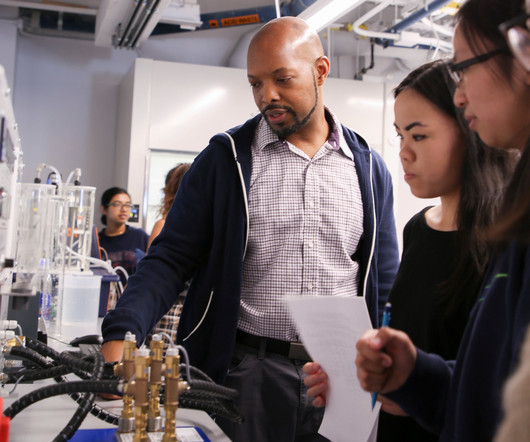







Let's personalize your content